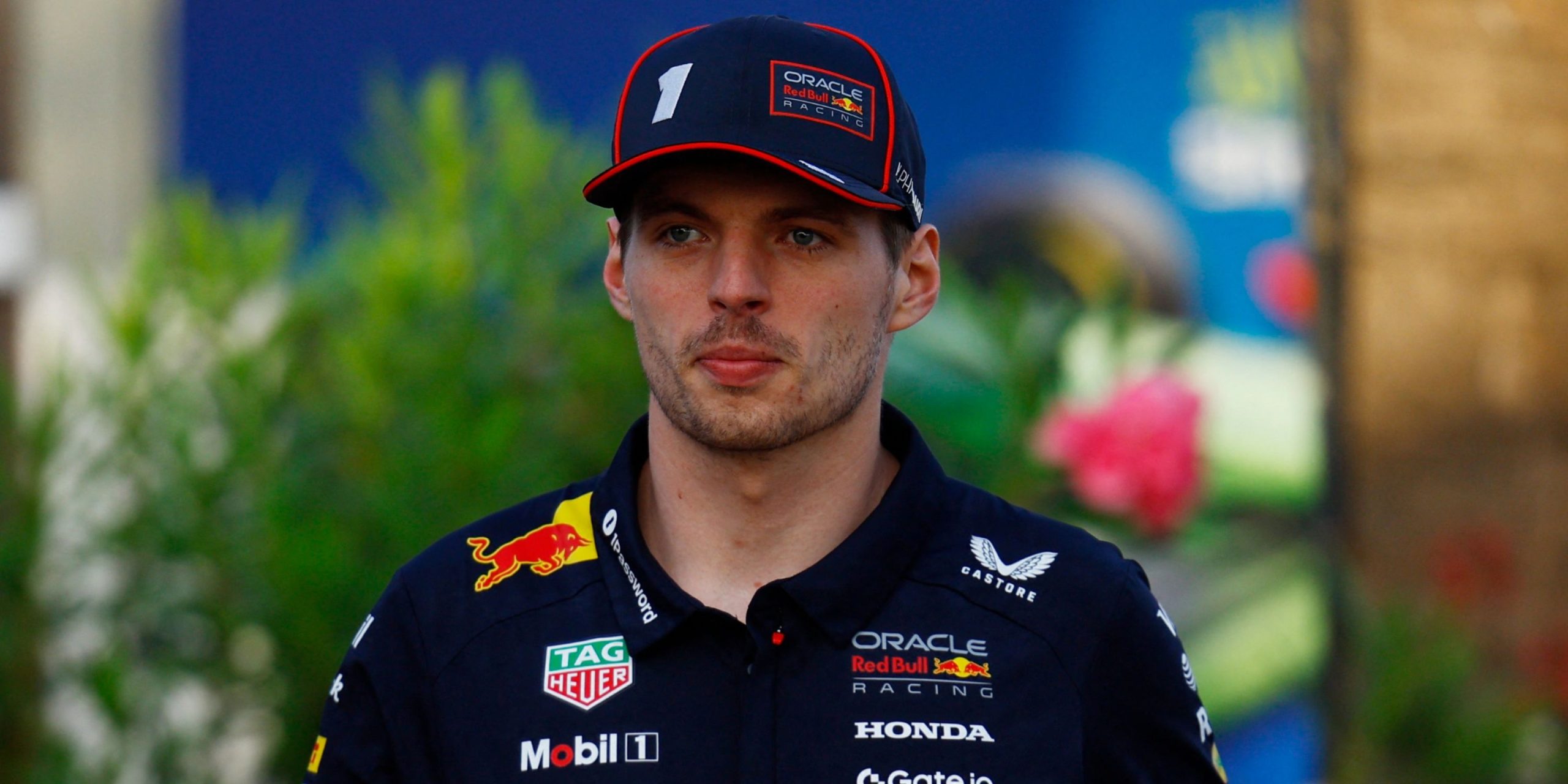The high-stakes world of Formula 1 is abuzz with revelations regarding Max Verstappen’s commitment to Red Bull Racing, a decision that extends beyond mere loyalty and delves deep into strategic foresight for the pivotal 2026 season.
Despite persistent rumors linking the prodigious driver to a potential shift to Mercedes for the 2026 campaign, reports indicate such a move is no longer a primary consideration in the 28-year-old’s immediate plans, affirming his current trajectory with the Milton Keynes-based squad.
Influential figures within the F1 paddock have weighed in on this significant decision, with former team principal Guenther Steiner asserting that Verstappen’s choice to remain with Red Bull is devoid of sentimental allegiance, instead pointing towards a more pragmatic rationale.
Steiner posits that the core of Verstappen’s conviction lies in a profound belief that Red Bull is uniquely positioned to master the complexities of the forthcoming 2026 Formula 1 power unit regulations. These radical changes promise a paradigm shift in vehicle performance, demanding an unparalleled understanding of advanced engineering.
The impending regulatory overhaul for the F1 2026 regulations includes a significant push towards enhanced sustainable fuels, a dramatic increase in the electrical power output of the cars, and comprehensive redesigns of aerodynamic components, each presenting immense technical challenges and opportunities.
According to Steiner, Verstappen’s public declaration of intent to continue with Red Bull is a clear endorsement of the team’s capacity to adeptly navigate and excel under these stringent new guidelines. This indicates a strong confidence in the engineering prowess of Red Bull Racing and their partners.
Crucially, Steiner highlighted a conditional aspect to this commitment: should the Red Bull power units, developed in conjunction with Ford, fail to deliver title-contending performance by 2026, Verstappen retains the flexibility to re-evaluate his driver contract and potentially conclude his engagement early.
Furthermore, Steiner expressed skepticism regarding Verstappen’s extended tenure, emphasizing the unpredictable nature of future competition. He noted that while Red Bull remains a top-tier outfit, the motorsport news landscape suggests other Formula 1 teams are equally formidable, making long-term dominance uncertain given the complete overhaul of chassis, aerodynamics, and engines.
As Max Verstappen faces a challenging 2025 season, making a fifth consecutive Formula 1 Drivers’ Championship increasingly unlikely, the ultimate success of his decision to prioritize Red Bull’s 2026 prospects remains a compelling storyline for the future of motorsport.






Leave a Reply